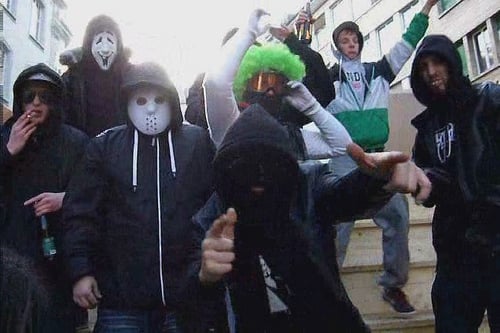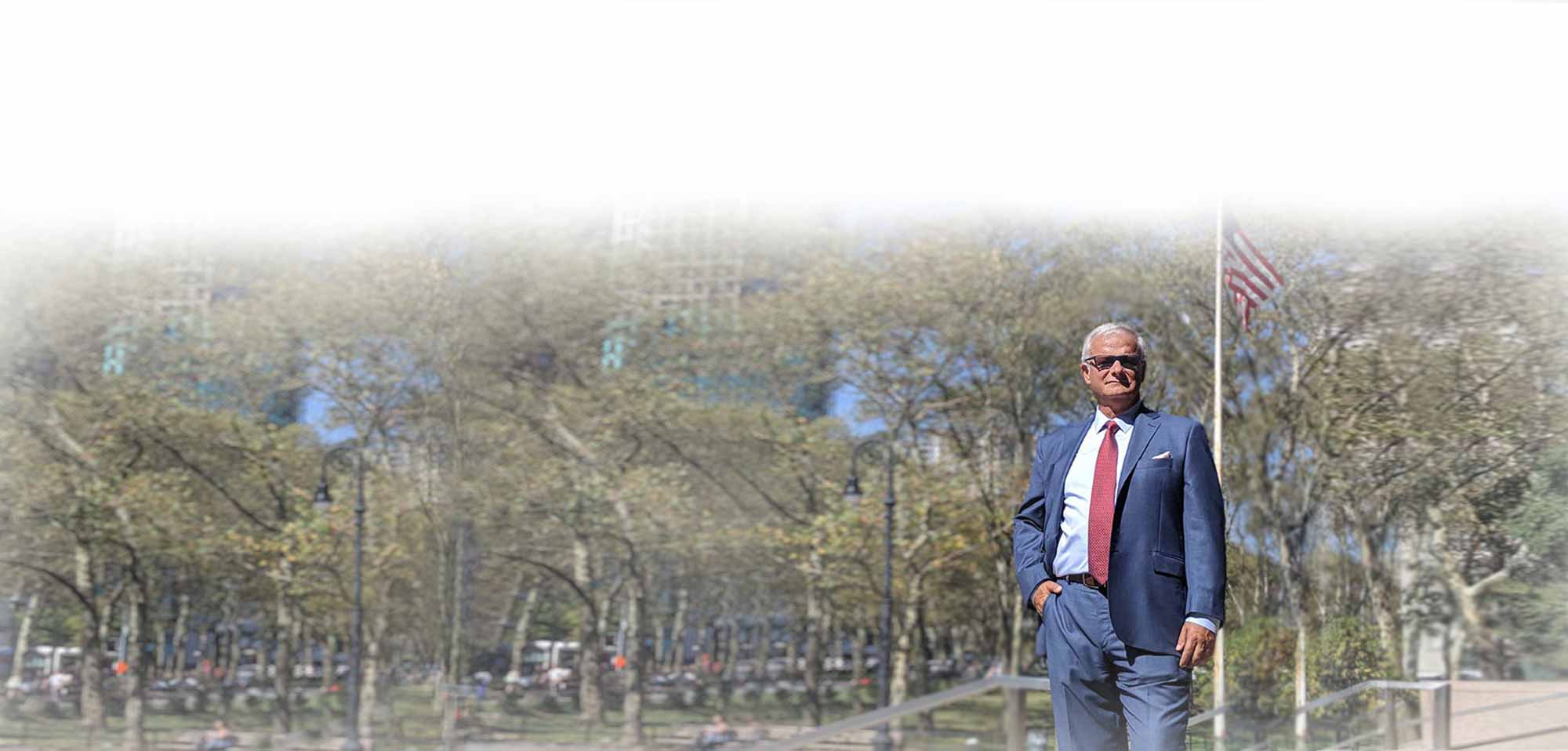
Before the rise of the Internet, it could take months if not years for a musician to go from demo cassettes and local gigs to record deals and airtime. However, now anyone can post a video or lyrics on the Internet in a matter of minutes. With a few clicks of the mouse you can reach a global audience.
The above is just one example of how our digital world is changing us, how you (or anyone) can achieve instant fame. Ask most law enforcement officials and they’ll tell you technology has created a boatload of extra work for them and whole new facets of criminal activity. However,for some, its helping them get an inside look at a world they’re
generally excluded from.
By watching local rappers’ online music videos, police officers and prosecutors are getting a better understanding of gang rivalries, the hierarchy among gangs, and gang activity. Law enforcement officials are even able to use these music videos to aid in criminal cases. According to an article in The New York , in December 2013, a case involving 11 gang members was aided by a music video which showed those arrested were not only associated with each other but part of an established gang.
While an on-street presence is still valuable, there has been a shift in strategy for law enforcement officials. Police officers are moving away from tactics like stop-and-frisk in favor of using technology and longer-term investigations. Goldstein and Goodman write, “Directed by prosecutors nto build evidence that individual shootings are part of larger criminal conspiracies, officers are listening to local rappers for a better sense of the hierarchy on the streets,” (2014).
Bridget G. Brennan, the special narcotics prosecutor for New York City said, “The practice of disrespecting rivals in rap is well established; the same with rappers claiming to be ‘the worse guy in the neighborhood.’ That’s been around forever. But there’s now a much bigger audience—it’s not just that the whole neighborhood that knows about the dispute. You can get tens of thousands of hits on a YouTube nvideo. It’s a much bigger arena.”
While video sites like YouTube are helping law enforcement officials get a better understanding of what’s happening on the streets, they do create some new concerns. For example, will rivalries or conflicts escalate more rapidly now? Gang members can exchange insult-laced raps that reach wide audiences with a great deal more speed. In fact, there’s a chance that these audiences may even encourage conflict via comments, voting, and social media. For many individuals that are removed from the streets, gang violence isn’t quite real.
In addition to that, these music videos may help swell the ranks of gangs. Mr. Holder, a rapper and alleged gang member, received a text message from a fan who wanted to join up after watching his music videos.
If you have questions about how law enforcement is using YouTube and other online tools in criminal cases, contact an experienced New York criminal defense attorney.
